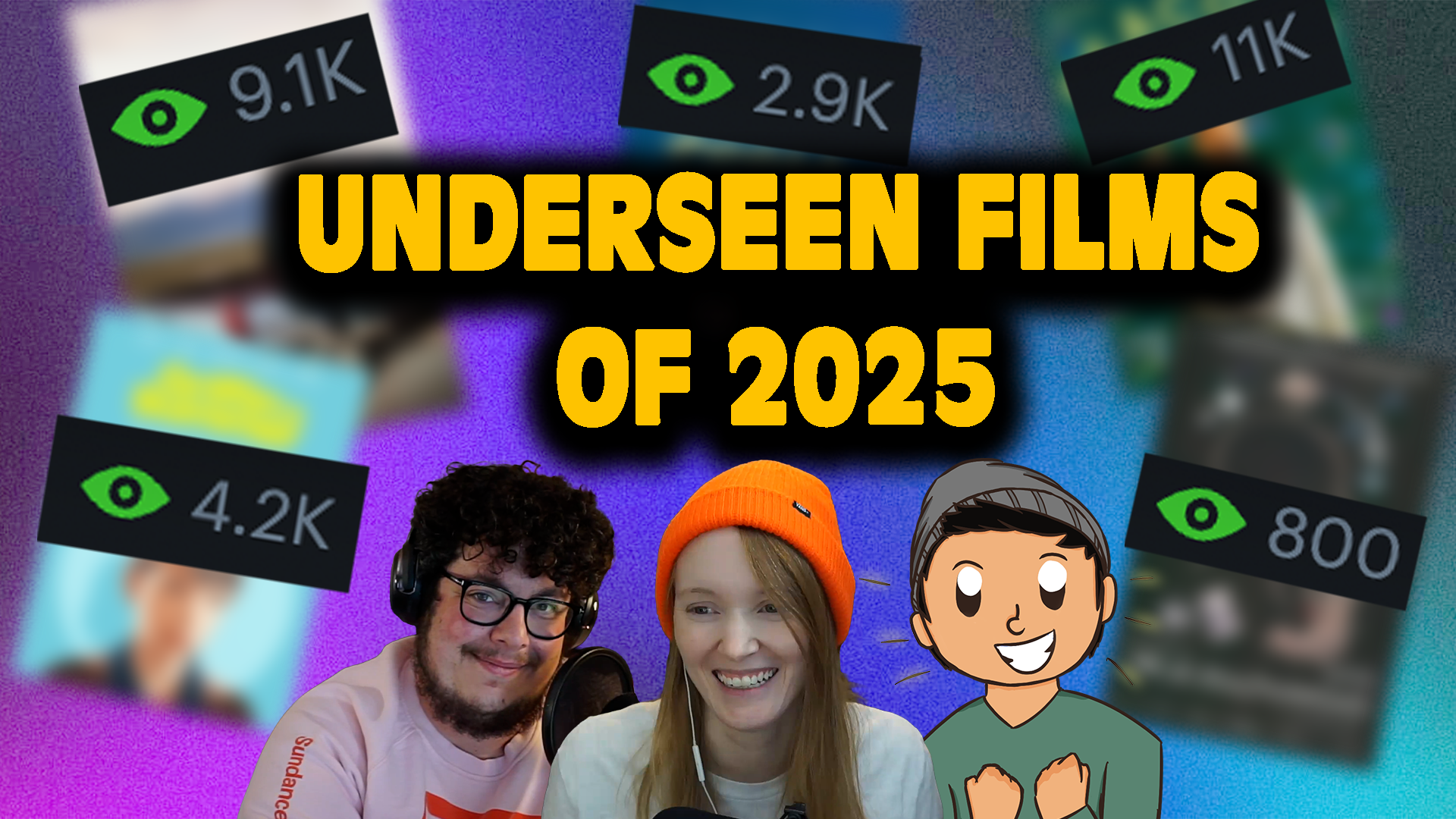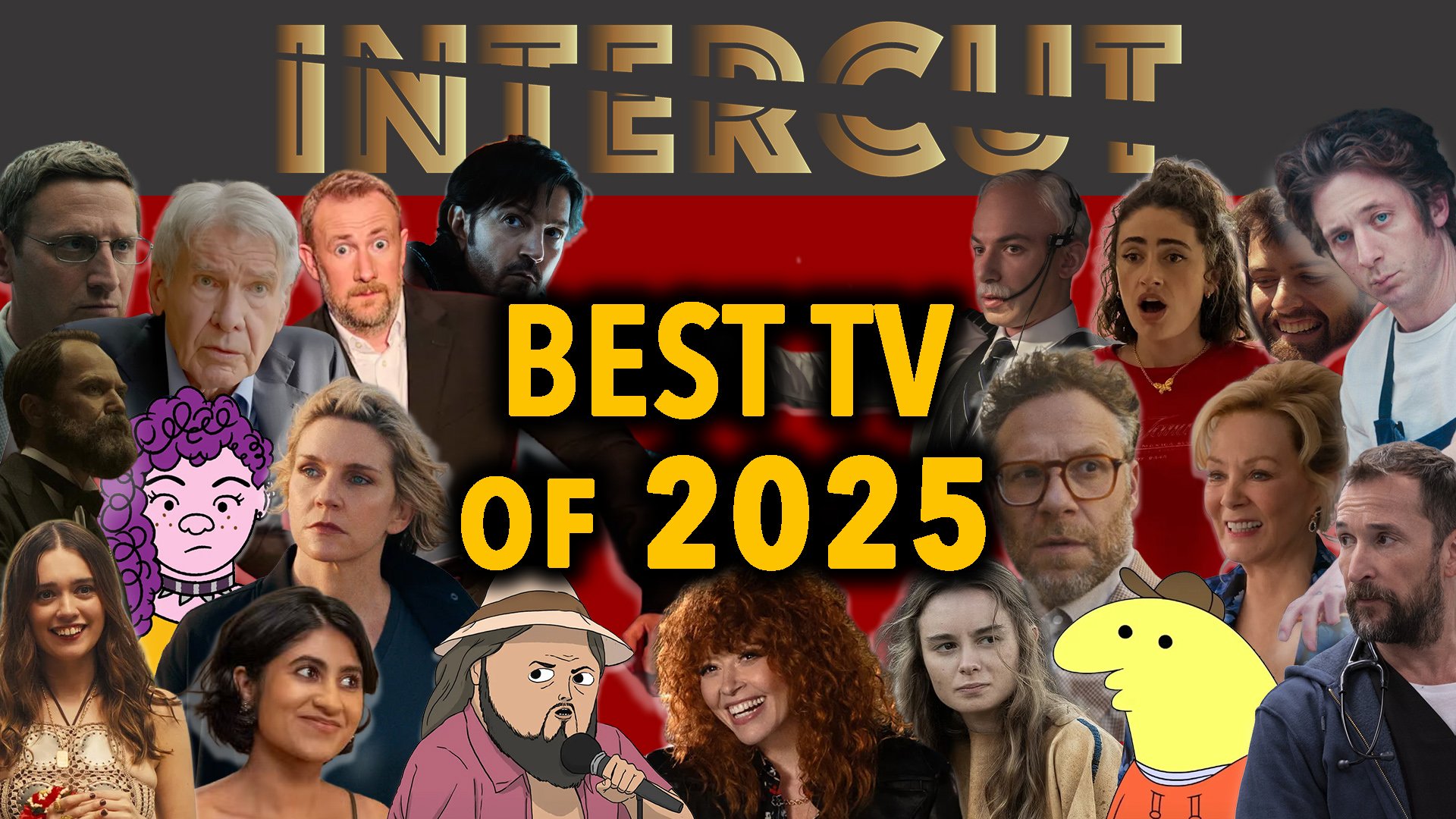Explaining the Outrage: Brie Larson & White Men
/Brie Larson’s comments at the Women in Film Crystal + Lucy Awards stirred up a controversy online, but was anything she said actually controversial?
I am writing this as a man attempting to educate my fellow man about something I cannot comprehend. In the months leading up to her entry into the MCU with Captain Marvel, actress Brie Larson has been met with criticism and backlash due to comments she has made regarding representation in film criticism.
This whole ordeal began last June, when Brie Larson, in a speech at the Women in Film Crystal + Lucy Awards, cited statistics from USC’s Annenberg Inclusion Initiative. This study showed that in 2017, 67% percent of the top critics reviewing the 100 highest grossing movies were white males. Less than a quarter were white women. Less than 10% were unrepresented men. And less than 2.5% of those top critics were women of color. Larson went on to say that this doesn’t really represent the country we live in today, and that’s true.
This alone isn’t what really stirred the pot. The most criticized part of her speech came when Larson brought up the movie A Wrinkle In Time, directed by Ava Duverney, released earlier that year. She said, “I do not need a 40-year-old white dude to tell me what didn’t work for him about a Wrinkle In Time. It wasn’t made for him.” This single-handedly brought about the wave of backlash which we are seeing in full effect right now.
Depending on who you are, this type of blanket statement might bother you. Anyone should be allowed to watch and have an opinion on any movie or form of art. People hear that quote and think, “well, I am a white man who wants to share my opinion, but I guess Brie Larson doesn’t want me to watch this movie because it wasn’t made for me.” But you ARE allowed to watch the movie, you CAN share your opinion as much as you want, Brie Larson does not mind, I promise. What Brie Larson does care about is also seeing the opinion of more men of color, women, and women of color. Larson stated facts that show the majority of voices in the world of criticism come from a single demographic. She isn’t being racist and she isn’t trying to get white male journalists fired; she simply is advocating for inclusion.
If you think the idea of inclusion is bad or feels threatening, then that’s on you, not Brie Larson. In her speech, she says that if the 100 highest grossing films in a year were to add nine critics to review them that were 3 underrepresented males, 3 white females, and 3 underrepresented females, the average critic pool would match the US population in five years. Nine poeple doesn’t seem that hard, and again, she isn’t saying that white men should stop reviewing stuff. Her quote about A Wrinkle In Time is to drive home the fact that the majoirty of the reviews and discourse for a film about a young black girl, directed by a black women came from white males. She’s not saying that no white males should talk about it, but that it should be representive of the place in which we live in, which is incredibly diverse. No worthwhile professional white male critic felt threatened or disalluisioned by her comments. No major entertainment outlet heard her comments and decided to fire all their white male critics.
At the end of her speech, Larson brings up that she jumped on Frances McDormand’s call for inclusion riders, calling for a certain level of diversity among a films cast and crew. Brie isn’t the only one to jump on this train, as many actors and actress like Michael B. Jordan have promised to make inclusion riders the standard on their films. It’s also lead to the recent 4% Challenge (also co-started by the USC Annenberg Inclusion Initiative), asking for people and studios to work with a women director in the next 18 months. The thing is, for Brie, having an Inclusion Rider doesn’t only mean bringing diversity to the movie making process, but also to the film media community. She wants her work to be, “shown, digested, discussed by a variety of people, not just a singular perspective.” She want’s the world’s opinions, not a narrow viewpoint.
This is exactly what she did for Captain Marvel, making sure her press run and the critics invited to screenings were much more diverse. Which apparently is a bad thing? Maybe this just means that an outlet sending the same person who has done press for all the other 20 Marvel movies might let someone else do it this time instead. This doesn’t mean giving hand outs, which a lot of people worry about. A lot of underrepresented critics are qualified, but aren’t given the chances that white critics get.
This also doesn’t mean that once we give more people a voice they should automatically like something just because. Captain Marvel has recieved negative reviews from women too. Brie Larson doesn’t want to give women a bigger voice in hopes they automatically love her movie, she just wants to hear what they have to say, positive or not.
If you felt threatened by Brie Larson’s comments, don’t. You can continue to watch whatever you want, review whatever you want. Understand that other people who might not look like you, or talk like you, or have the same opinions as you are also trying to be heard, and that is not a bad thing.





